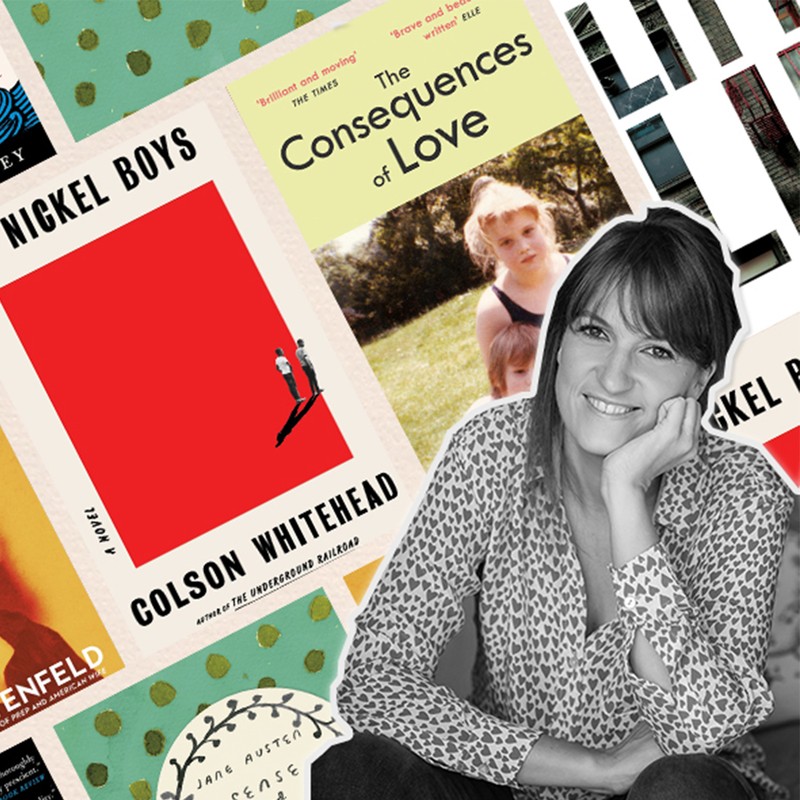My Life In Books: Sophia Money-Coutts
What are you reading right now?
I believe I’m the last person on Earth not to have read A Little Life by Hanya Yanagihara so I’m currently a third of the way through it. It is, as everybody else has said, a hugely moving story about brotherly love, and exquisitely written. I expect I’ll be crying at it before long, but I love a book that can make me cry. Isn’t it astonishing that the imaginings of someone else’s mind, and the words they subsequently write, can touch us so deeply they make us weep? I think so.
Have you found you’ve read more in lockdown?
Oh dear. I’m embarrassed about this. Some weeks have been productive and I’ve read two or three books. In other weeks (most of them, if I’m honest) I’ve failed to read more than a few pages of something and have resorted to Netflix instead. I also determined that lockdown would be the time that I finally cracked Middlemarch, so a few months ago I started to read it for the third time but gave up soon after. I even tried an audio version but I still wasn’t gripped. I worry this marks me out as a savage?
What book from childhood will always stay with you?
Most of Roald Dahl’s books, and I reference him constantly as an adult because his characters are so twisted and yet brilliantly drawn from real life. I call myself Bruce Bogtrotter when I eat too much cake; I’ve looked as hairy as Mrs Twit for most of lockdown; I told my niece off the other day for acting like spoiled Veruca Salt. He was a genius.
Any children’s books you sometimes revisit?
I got into bed with a Just William by Richmal Crompton recently (it probably wasn’t long after I gave up on Middlemarch). For me, the escapades of William and his dog Jumble are the equivalent of comfort food. The audio books, read by Martin Jarvis, are ace too. They distracted my siblings and I from murdering one another during long car journeys when small.
What books made you want to write?
Bill Bryson’s. I started reading his travel books as a teenager and fell in love. His tone, his sense of humour, his lightness of touch is still what I strive for now. I love him so much I wrote him a fan letter when I was 15 or 16 and he wrote back, bless him. My hero.
When and where do you read?
Mostly in bed just before I go to sleep, to try and calm my brain down after spending the previous four hours scrolling through Instagram. However, at the start of lockdown I bought myself a Kindle and it’s been a revelation because it’s waterproof and makes reading in the bath much easier. Now I loll around in the water like a beached whale, reading until my toes have turned into prunes.
Where do you buy books?
I think lots of people who profess to hate Amazon and claim never to buy anything from there are big fibbers. I buy a lot from Amazon but I do also love a proper, physical bookshop – be it an indie or Waterstones – and that thrill of carrying home a few lovely, crisp new books to put on my bedside table and read in turn. I often feel as if I’m literally carrying intelligence on the way back from a bookshop spree, as if all those brilliant words will seep into my brain and make me cleverer. Every month I download something from Audible too, for long walks.
Print or Kindle?
Having long been a Kindle-refusenik, I am now rather in love with mine because of the bath thing. So… both?
Do you belong to a book club?
Yes, but please don’t judge me for what I’m about to tell you. I belong to a book club called ‘Shakespeare Club’ which, as the name suggests, is a group where we only discuss Shakespeare. It was started by a gang of former colleagues from Tatler, all Oxbridge classicists, who invited me on the basis I was their friend and would come along and drink wine with them whenever they met. I was very flattered to be asked and agreed to join, but am utterly useless at ever reading the play in advance so remain mute throughout all their discussions (unless it’s a play I studied at school in which case I can normally rustle up some GCSE-level observation about, for example, the fool in King Lear). So the short answer is yes, but I’m a terrible member of it.
How do you choose what to read?
It’s usually a mixture of new releases, proofs I’m very lucky to be sent, old classics I feel I should have read and books my mum has liked and told me about as we have quite similar reading tastes. I highly recommend Samantha Harvey’s The Western Wind if you haven’t read it. That was the last thing mum sent me, a murder mystery set in a 15th-century Somerset village. You can practically feel the damp and smell the mud.
Do you have a favourite author?
PG Wodehouse because he’s so sublimely funny and nobody can beat his descriptions. “She looked as if she had been poured into her clothes and had forgotten to say ‘when’,” for instance. Or the character in Carry On Jeeves who’s described as “haggard and careworn, like a Borgia who has suddenly remembered that he has forgotten to shove cyanide in the consommé, and the dinner-gong is due any moment”. Can’t be bettered.
What's been your favourite read of 2020 so far?
Forgive me father, for I hadn’t read anything by Curtis Sittenfeld until a few months ago and then fell on American Wife and loved every page. It’s a fictional account of the life of Laura Bush, George W Bush’s wife, and it is not only exceptionally written and gripping, but also makes you fancy George Bush. I appreciate this sounds disturbing but it’s not, it’s excellent. Please read. I’ve just bought a copy of Rodham, her latest – which is a reimagining of Hillary Clinton’s life – and can’t wait to crack into it.
What one novel will always stay with you?
I read The Mill On The Floss when I was about 16 and am not entirely sure I’ve got over the ending almost 20 years later. I don’t want to give away any plot spoilers but it’s a wonderfully romantic if tragic story, with a female lead who refused to conform to Victorian social niceties and who I was very taken with as a teenager. (And as this was also written by George Eliot, I think this more than makes up for my Middlemarch inadequacies, no?)
Favourite biography?
The Mitford Girls by Mary S Lovell. Literally dozens (hundreds?) of books have been written about the six Mitford sisters but this is the perfect starter if you’re new to the genre. It covers all their lives, from childhood onwards. “Whenever I see the words ‘Peer’s Daughter’ in a headline,” their poor old mother once remarked, “I know it’s going to be about one of the children.” This book reveals all about them in a very readable way.
Favourite non-fiction?
Not to bang on about Bryson, but I often reach for A Walk In The Woods, about his walk through the Appalachian mountains, if I can’t sleep. Don’t bother with the film.
Any guilty pleasures?
I hate book snobbery so don’t think anything should be deemed a ‘guilty’ read. If you like it, read it. If you don’t, don’t. But you mustn’t feel guilty about reading something because other people have been snotty about it.
What book would you give as a gift?
I often give friends Julia Samuel’s book on grief – Grief Works – in times of need. Julia’s a psychotherapist who specialises in grief (an old friend of Princess Diana’s, she helped Prince William and Harry after the death of their mother) and has condensed decades of experience into this beautiful book about loss and trying to come to terms with it. More recently, I’ve given a few people Gavanndra Hodge’s memoir The Consequences of Love. Gav is an old friend who I worked with at Tatler, and she’s written this extraordinary book about her childhood, the death of her sister and growing up with an addict father. It’s a hugely powerful read about trauma, and how we humans wrestle to cope with it.
What was the last book that made you cry?
The Nickel Boys by Colson Whitehead. Oh, this book. I loved The Underground Railroad, the first of Whitehead’s Pulitzer-winning novels. Then, this year, he won it again with this tale of a boys’ reform school in 1960s Florida. Some pages are almost unreadable they’re so painful, but you must get to the end.
Any recommendations for laugh-out-loud reads?
David Sedaris, always. Calypso is his most recent clutch of short stories and worth reading alone for his story about trying to feed a doddery old turtle a fatty tumour which he had removed from his stomach. Trust me.
Are there any books that have helped you through difficult times?
I’m a very devoted disciple of Eckhart Tolle’s. He’s the softly spoken self-helper who wrote The Power of Now, about mindfulness, in 1997, and then eight years later published its follow-up, A New Earth. Both have helped me through rocky patches when it felt like my emotions had taken my brain hostage and I’d lost control of who I was and what I was doing in life. Eckhart helped calm me down again.
Favourite literary character?
Marianne Dashwood, because she nearly died for love and, as an impressionable, romantic teenager reading Sense and Sensibility for the first time, I decided this was also the level of drama I required from all my future relationships. Unhelpful in many ways, but she’s always stayed with me.
What one book should everybody read in their lifetime?
Again, I’m not sure about the ‘should’ thing. Nobody ‘should’ read anything because taste is so subjective. If you insist, I was completely captivated by a course I took in 20th-century American literature at school, and specifically John Steinbeck, who helped me understand a lot about America.
Do you have a favourite book of all time?
Can I be a creep and say my dad’s? In 2005, he sailed across the Atlantic on his own. It was a journey his father had done before him and he wanted to do the same. A perilous crossing of three weeks, it involved Somali pirates and broken ribs, with only a chocolate Lindor ball every evening as a treat. But eventually, thinner, browner and more bearded, he made it across to the Caribbean and wrote up his adventure in a book called Where The Ocean Meets The Sky after a Rod Stewart track. I’m biased, obviously, but it’s not just a book about sailing; it’s a story about chasing ghosts and making peace with them. I’m enormously proud.
Do you read poetry?
Not often, but when I was younger, my stepmother gave me a copy of a poetry anthology called Other Men’s Flowers which I have in my bedroom at all times and dip into every now and then. Originally published by the British military leader and Viceroy of India AP Wavell in 1944 when the outlook for WWII wasn’t looking hot, it’s a wonderful collection of poems – uplifting, moving and very recitable. When Shaunagh (my stepmum) first introduced this book to me, I learned to chant lines from John Masefield – “I must go down to the seas again” – and Hilaire Belloc without really understanding them, but loving the lyricism and the beat all the same. I only have to hear the odd line now to feel comforted.
Has anything you've read consciously inspired your books?
Queen Jilly Cooper was a great love when I was young and remains a great love today. I still cackle with laughter whenever I think of how Polo begins: with 14-year-old Perdita lighting up a fag and sauntering out of an English exam. Oh, to create stories and characters like her.
What’s your new book about?
It’s called The Wish List, and it was inspired by a woman I met at the launch of a new vibrator. Long story, bear with me. This woman had become pregnant with her then-boyfriend a few years earlier, but he upped and left halfway through her pregnancy, leaving her devastated and scared. In the midst of heartbreak, she went to see a love coach who advised she write a list of the qualities she was looking for in a partner – from character traits to physical attributes. So she wrote a long list of around 40 items – from height to kindness, solvency to a desire for children. “And then I met him!” she told me, beaming. Apparently a man with everything she was looking for waltzed into her life, took on her small son as his own and she’d never been happier.
I was captivated by this idea and decided to write a novel about it. So The Wish List follows the adventures of my 32-year-old heroine, Florence, who’s never had a boyfriend and, deep down, feels as if there’s something wrong with her. Florence’s bossy and socially ambitious stepmother, Patricia, also thinks this is pretty embarrassing and packs poor Florence off to see a love coach who makes Florence write a wish list of what she’s looking for in another half. What comes next is a comedy of errors which I hope makes readers laugh, because laughing’s the main thing in life, I reckon.
The Wish List is published by Harper Collins on 6th August and is available to pre-order here
Visit SophiaMoneyCoutts.com
Shop Sophia's book picks below...
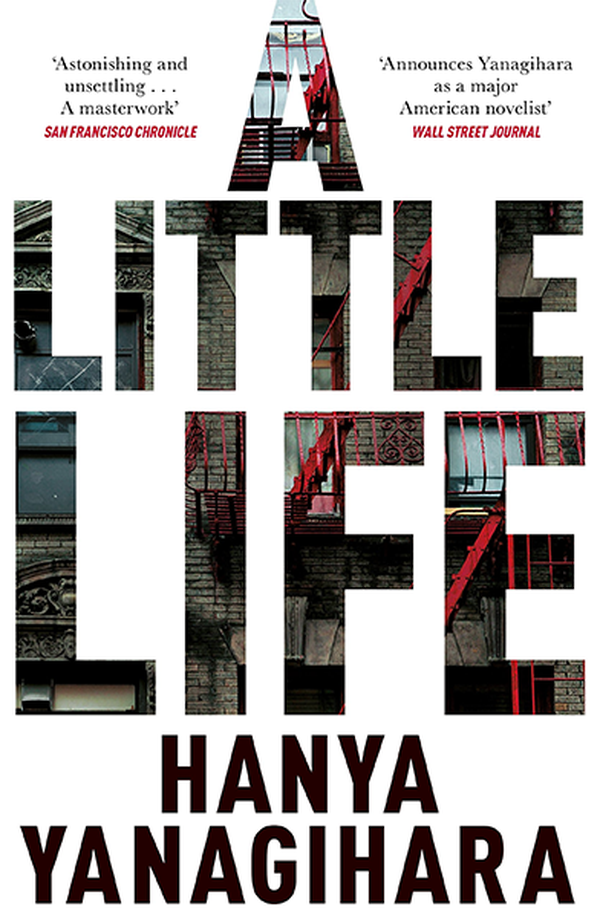
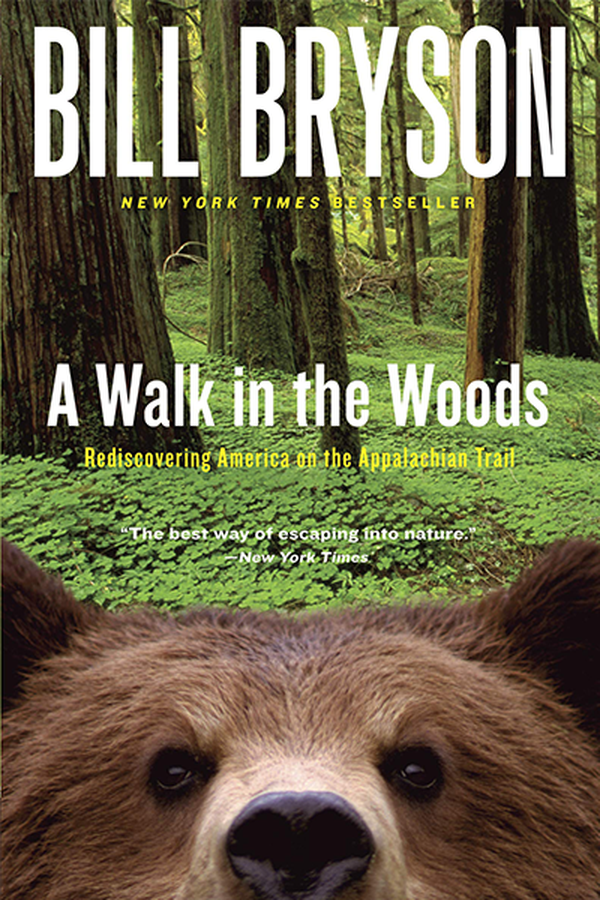
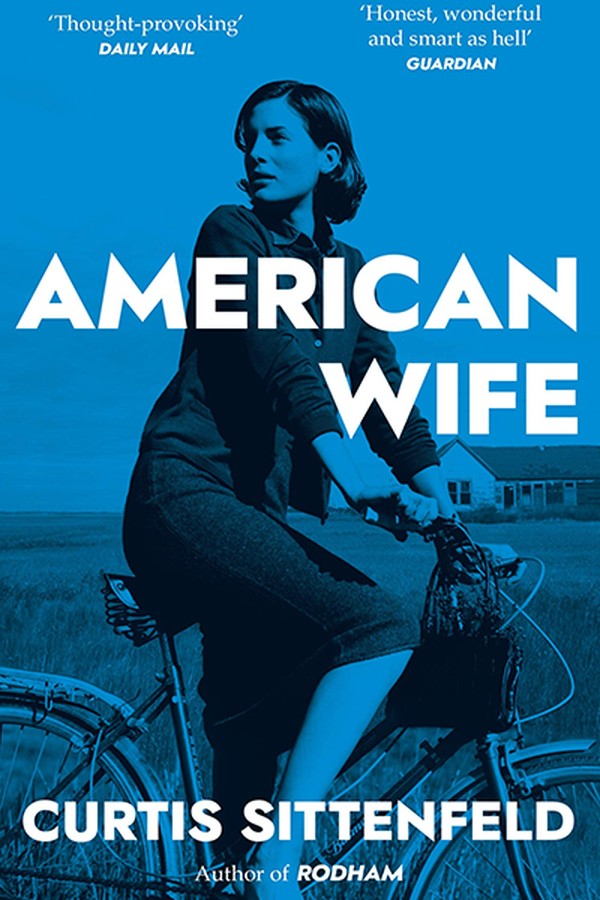
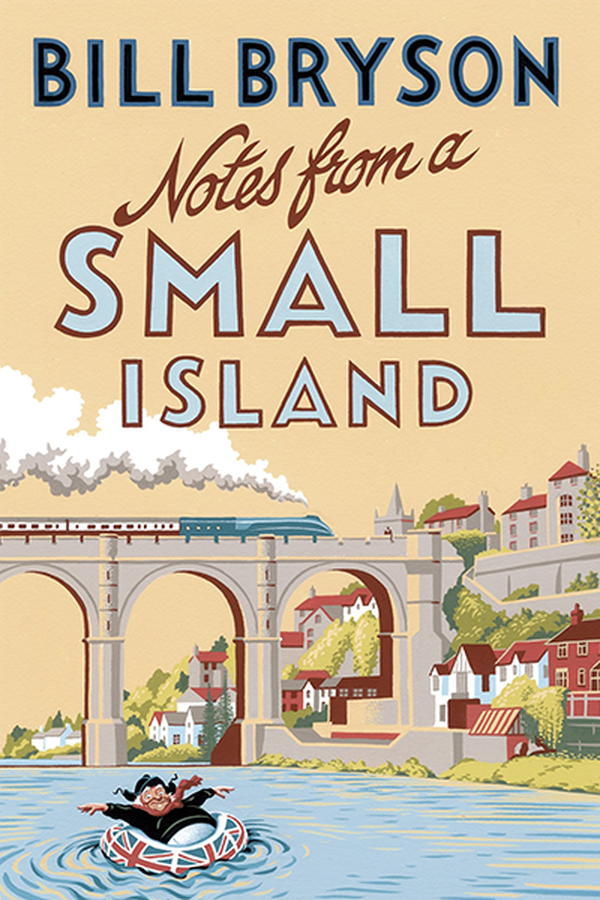
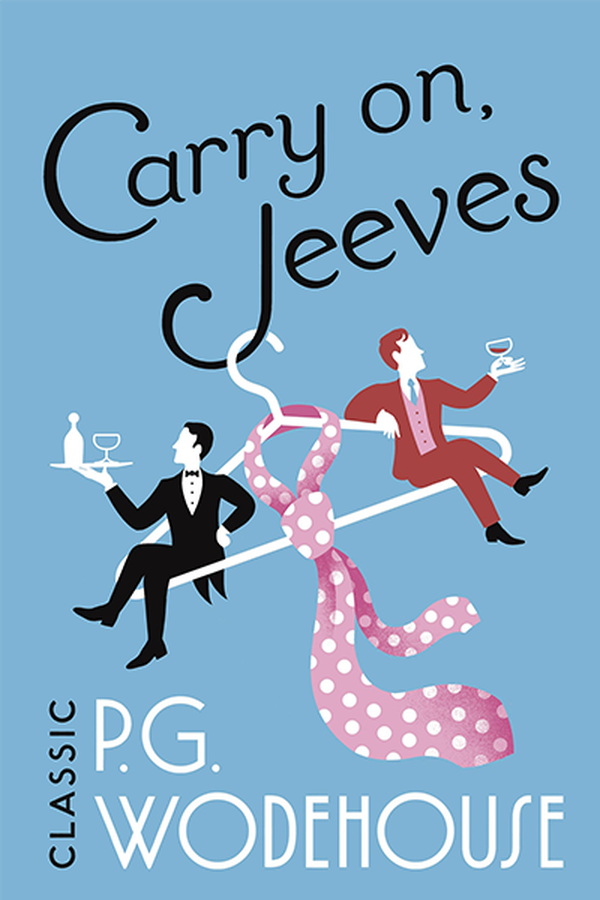
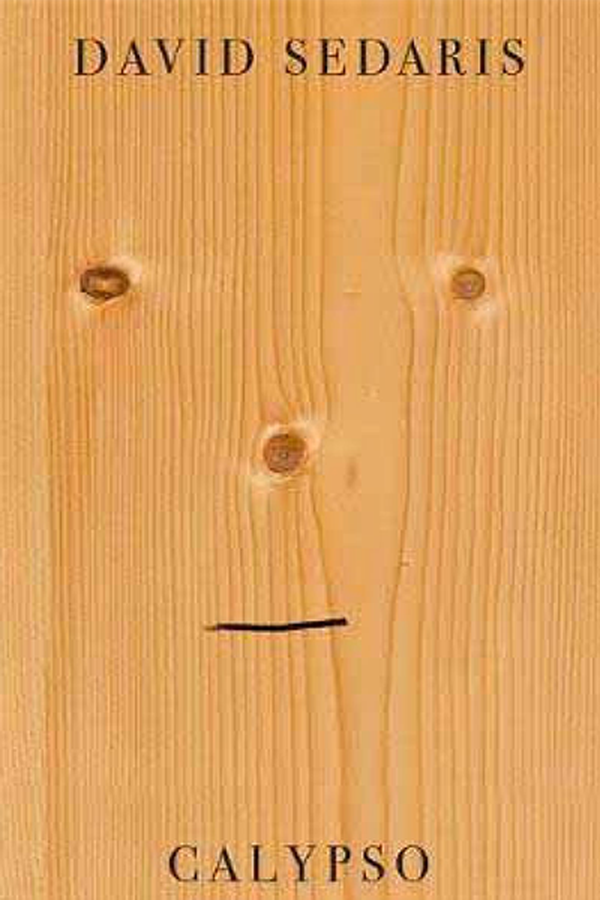
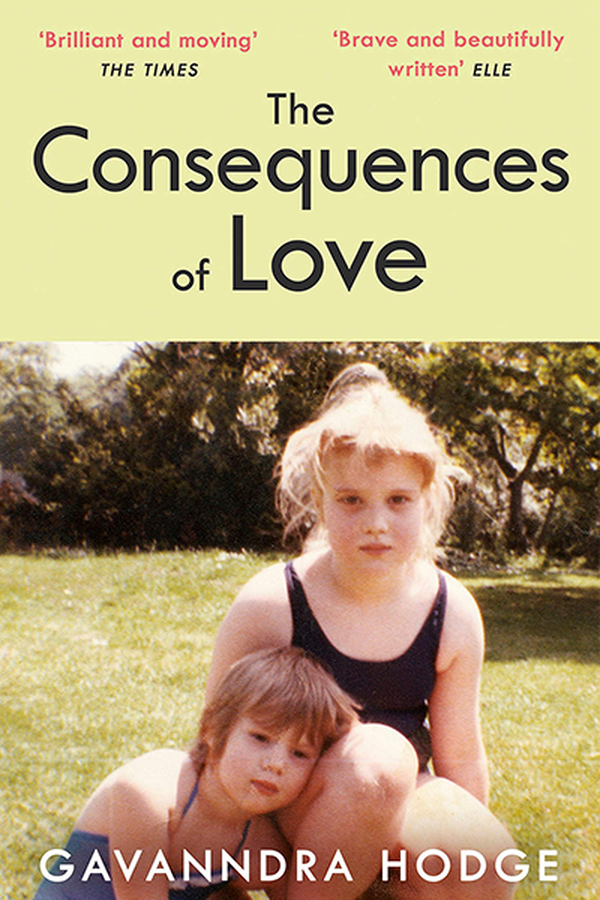
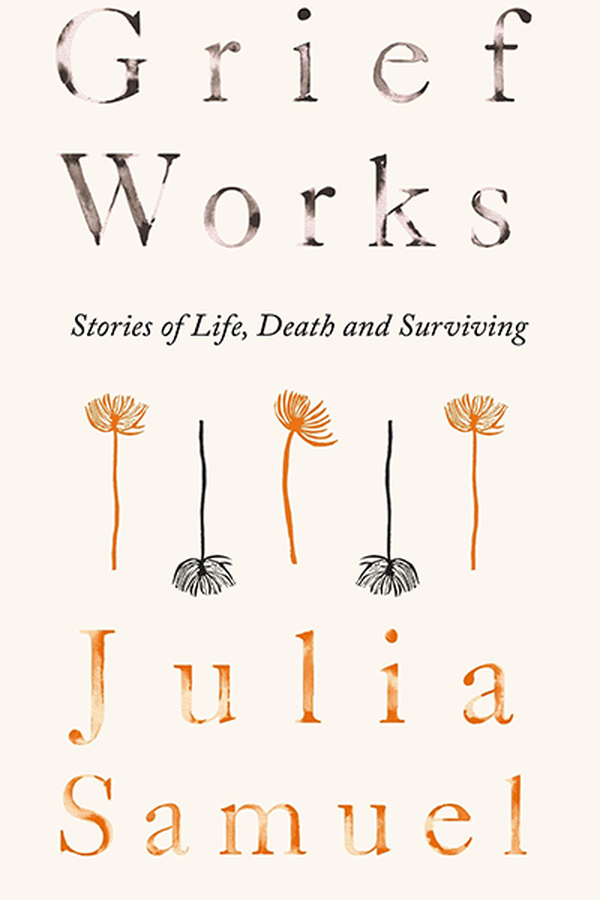
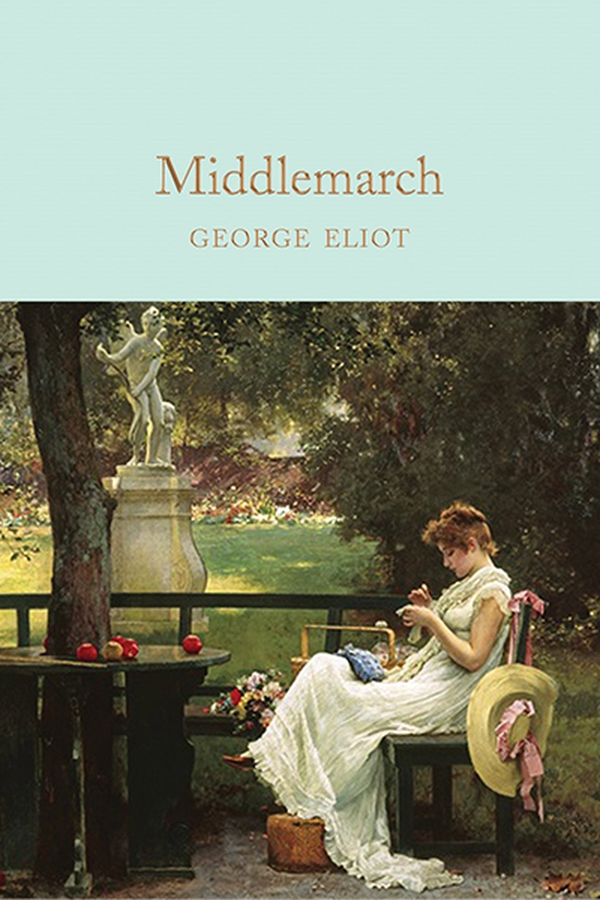
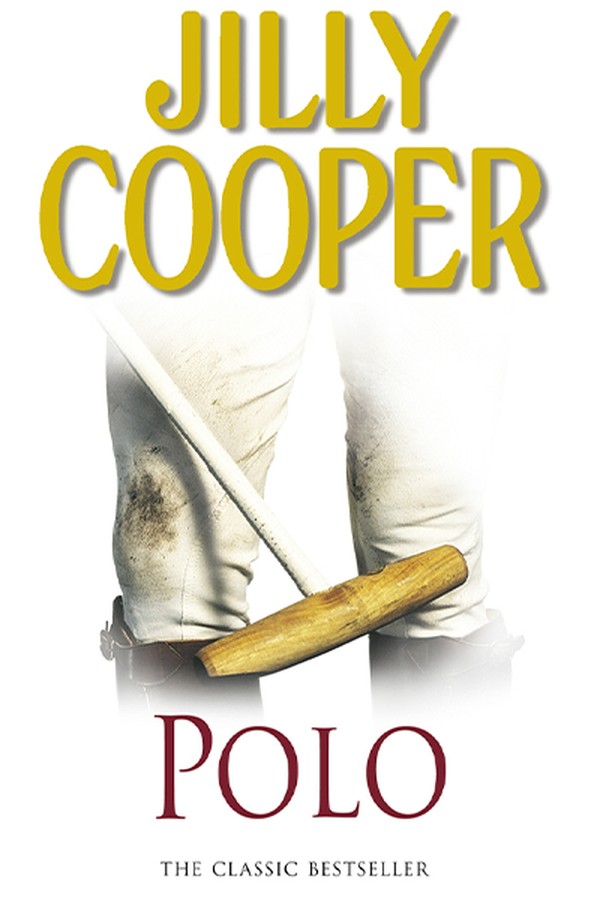
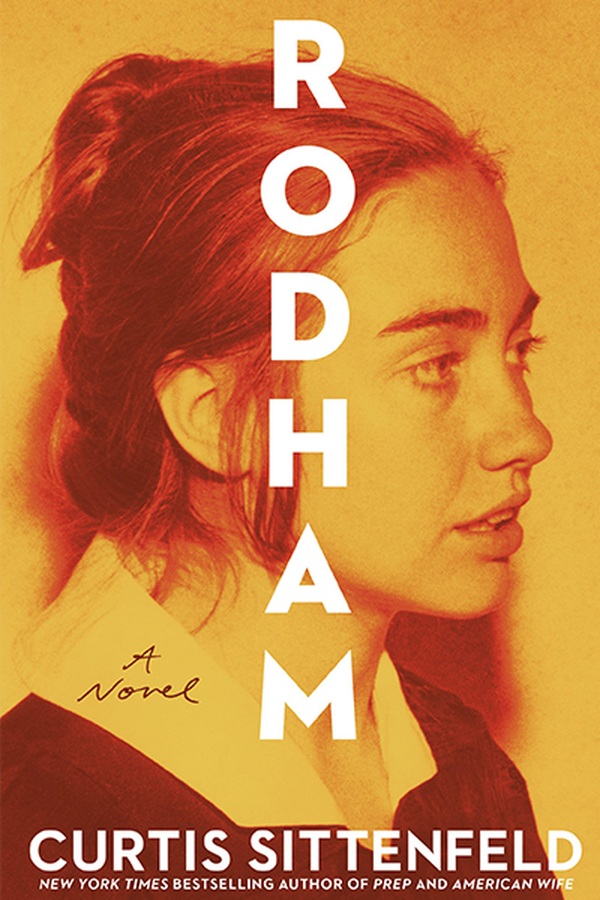
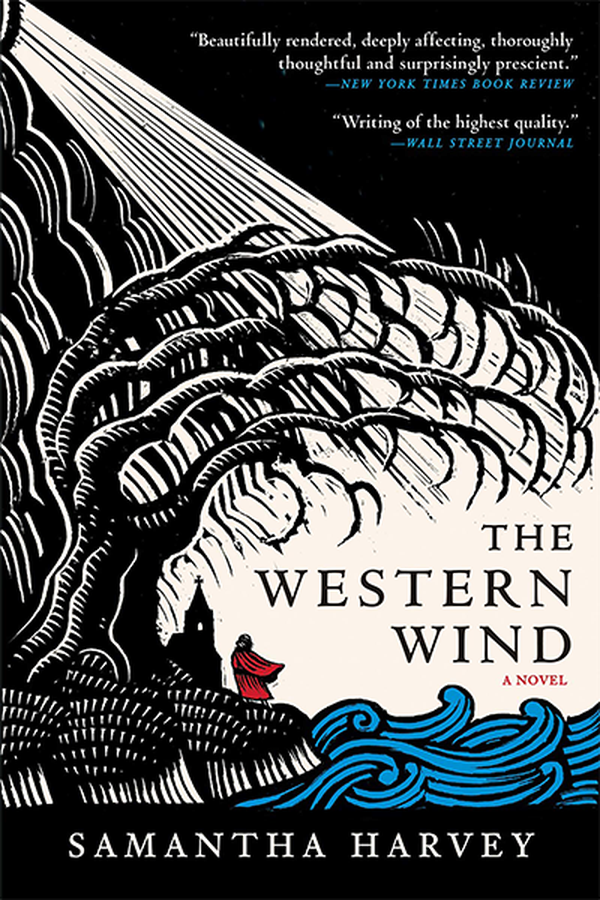
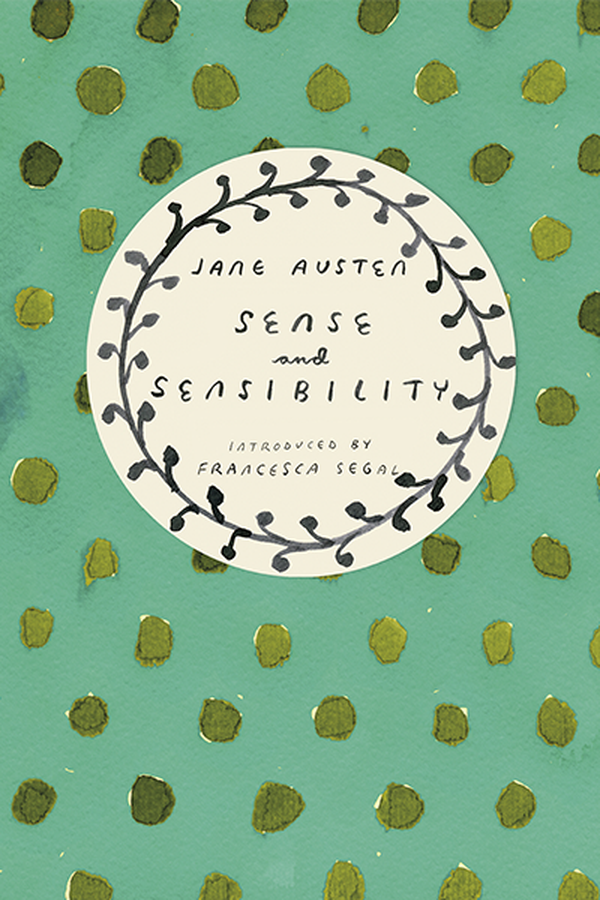
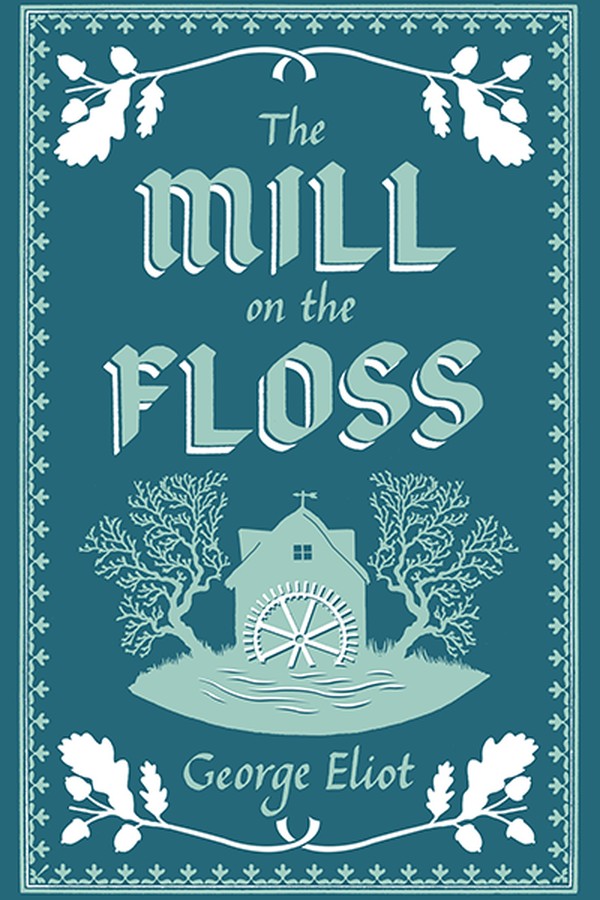
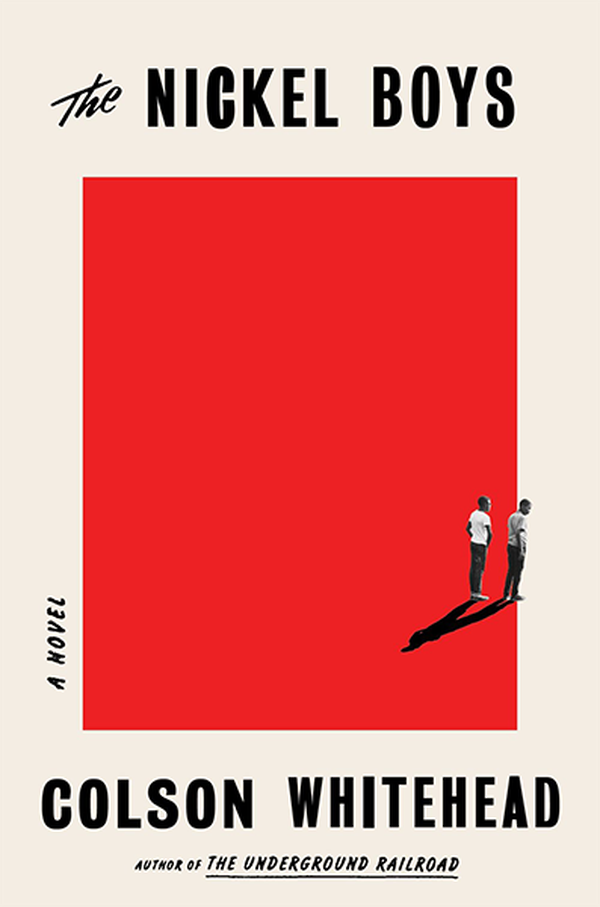
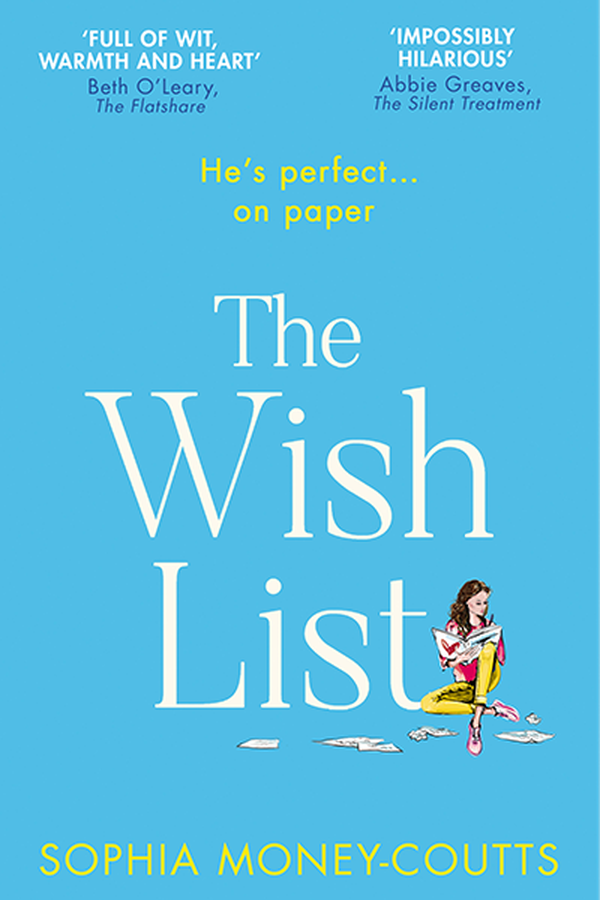
DISCLAIMER: We endeavour to always credit the correct original source of every image we use. If you think a credit may be incorrect, please contact us at info@sheerluxe.com.
